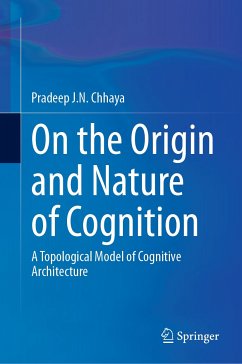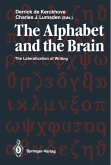This monograph is an extension of the earlier monographs dealing with the application of the new modified involuted manifold model. This monograph has two objectives. Firstly, it seeks to integrate neuronal organization with cognitive functionalities. Secondly, it tries to formalize a structural template of cognitive functionalities. It is based on the postulate that cognitive functionalities are essentially natural phenomena and therefore amenable to formal naturalistic description. Therefore, it employs a topological model of spacetime proposed earlier to define a new framework wherein neuronal networks occupy the four-dimensional configurations of spacetime, and cognitive functionalities occupy higher dimensional configurations of spacetime. Using the Darwinian conception of natural selection, the monograph outlines a model of natural selection operating at more than one level. Thus, natural selection at the four-dimensional configurations of spacetime leads to structural agnosticism so prevalent in neuronal organization. At the same time, natural selection at the higher dimensional configurations of spacetime leads to natural selection of cognitive functionalities. Since the proposed model offers a new computational paradigm formalized in another monograph, this monograph provides a new way to formalize cognitive computations.
- Integrates the neuronal organization with cognitive functionalities using a completely naturalistic topological model;
- Offers a structural template of cognitive functionalities congruent with the Darwinian conception of natural selection;
- Provides a structural template of cognitive memories and makes it amenable to computational description.
Dieser Download kann aus rechtlichen Gründen nur mit Rechnungsadresse in A, B, BG, CY, CZ, D, DK, EW, E, FIN, F, GR, HR, H, IRL, I, LT, L, LR, M, NL, PL, P, R, S, SLO, SK ausgeliefert werden.









